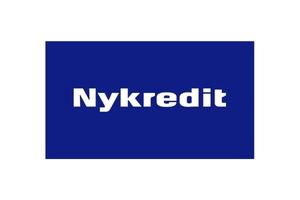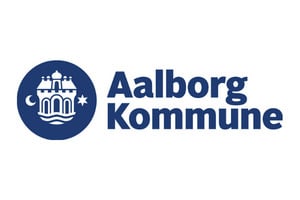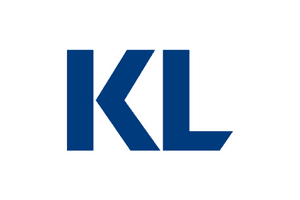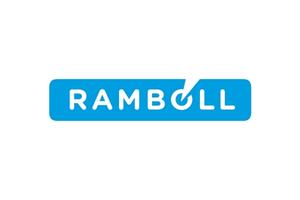Examples of user involvement
There are countless forms of user engagement. What they all have in common is that they examine (either upfront or behind the scenes) the services that the organization is set up to deliver. Some examples are:
- The hospital that wants to find out how patients experience being hospitalized
- Public schools that want more co-creation with students and communities or want to try a new way of teaching
- The company that wants to map user journeys: What do potential customers experience when they contact us? How do we meet them when they become customers? And how do they see the contact we have with them afterwards?
- The company that wants to involve employee perspectives before, during or after a transformation process
- The municipality that wants to qualify a core service by collecting citizens' experiences and perceptions








